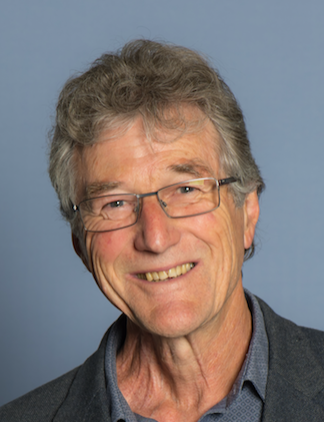The science education research literature can be read as identifying major concerns and directions for reform: the need to support deeper knowledge of disciplinary concepts and practices; the need to engage students’ interest in science; social justice concerns with engagement in science futures; learning to engage with science in authentic, interdisciplinary and societally significant contexts. These major themes speak to debates about the fundamental purposes of a science education. Recent concerns centre around whether science education adequately represents the reality of contemporary and future scientific practices.
The OUP ‘Evolution of Science Education report-2021’ offers a distinctive and valuable window into how these big picture issues feature in the perspectives of science teachers globally. The responses signal both commitment to mainstream agendas, and push for major change. Let’s look at what they think.

First, teachers’ views of core purposes emphasise knowledge of ideas and of practices, key competencies such as critical thinking and problem solving, and inspiring engagement. While there is general agreement that current science education enables learners to become scientifically literate and active citizens, the surprising and significant finding was that 45% disagreed that current science education is ‘fit for the future’, with another 24% sitting on the fence.
The ‘future’ we are talking about is articulated in the list of challenges identified, dominated by climate change and environmental threats (99%), fake news and technological advancement. Here we are talking of the Anthropocene, and the 4th industrial revolution. The list of knowledge/skills/competencies that dominate the response are strongly aligned with current thinking about 21st century skills: critical thinking/scepticism; data competencies; science research skills; problem solving in real world applications.
Some of us, for some years have been arguing for a reforming breath of contemporary science practices and concerns to be introduced into science curricula. This survey could be seen as a timely call to action for science education for the Anthropocene.
Contributed by:
Russell Tytler
Professor and chair of Science Education,
Deakin University
Melbourne, Australia
Also from Russell Tytler:
- Partnering with scientists boosts school students’ and teachers’ confidence in science
- 100 Jobs of the future report
Read the Evolution of Science Education Survey report by Oxford University Press here.
Previous blogs on the Evolution of Science Education Survey:


